Words and Concepts- 4: Politics
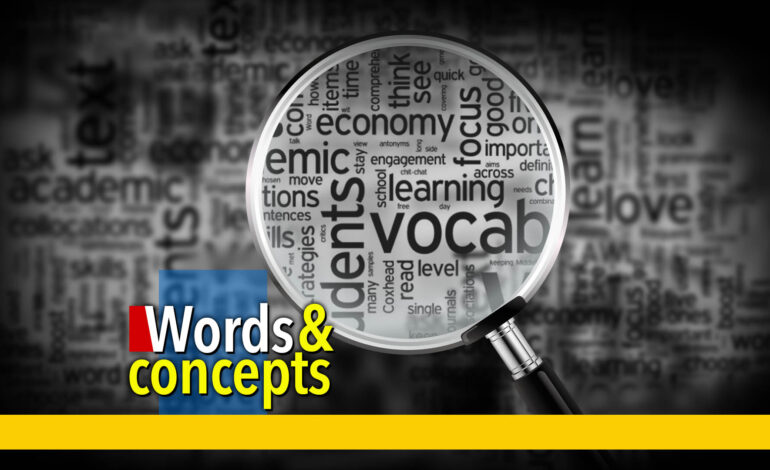
This column will deal with words and concepts and their changing and nuanced meanings. Indeed , many more interpretations and value additions are possible on the words and descriptions that figure in this series. The AIDEM invites further discussions on these words and concepts from readers.
We all have different influences on our daily life, but as a rule the impact of politics would be the most predominant. It overrides most other aspects of life. Bernard Crick, in his In Defence of Politics says: “Politics affects everyday life. The decisions made by politicians affect us all, from cradle to grave.” But do people in India or other parts of the world understand the concept of politics clearly and correctly? That moot question was taken up by the Institute for Democracy and Electoral Assistance (IDEA), a renowned social studies Institute in Stockholm. The institution, supported by many democratic countries, conducted a multi-country survey to measure people’s interest in and understanding of politics. The finding across the countries is that a large number of people do not like politics and do not trust politicians as a class.
If you are looking for a rented place in Delhi, the national capital of India, the common experience is that the landlords do not like to give it to lawyers and politicians. What could be the reason? There is certainly a trust deficit. However, lawyers could manipulate with legal ‘antics’ their way to a rented accommodation and politicians could use their clout with power centres to achieve the same.
Yet, the contradiction is that people are also mad about politics, especially in the developing countries, as obviously they have a stake in it. They talk animatedly about politics. Jonathan Swift, in his ‘Thoughts on Various Subjects” had said: “Democracy (party) is madness of many for the benefit of the few.” To sample a few more interpretations of politics, Otto von Bismarck said: “Politics is the art of the possible, the attainable—the art of the next best. “It is Lord Acton, the British historian, who said: “All power tends to corrupt; and absolute power corrupts absolutely.” George Bernard Shaw commented: “Politics is the last resort of scoundrels.” Since such commentaries on politics abound even in our curriculum, it is natural for people to be cynical. Cynicism is detrimental to democracy, if not to all forms of politics. It will be better for people and politics, if the people had a correct understanding of politics and had an informed engagement with it.
Many historians argue that the French Revolution would not have occurred without the powerful political ideas of liberty, equality and fraternity propounded by the French Enlightenment philosophers — Jean-Jacques Rousseau, Voltaire, and Montesquieu. So, a correct understanding and interpretation of ideas are important. An incorrect understanding or an inappropriate application creates unfavourable and unhealthy attitudes to politics, which are not good for a democracy. What do the three major stakeholders _ state (read politicians), business, and civil society _ in a country think of politics? Our reference point of course is India.
Let us look at the meaning and operational definition of politics, as it is commonly understood. Some common definitions of politics are: politics is the exercise of power; politics is the public allocation of values; politics is the resolution of conflict; politics is the competition among individuals, groups, or states pursuing their interests. There are many other definitions, but all of them include power, and authority. In India, politics is commonly understood as ‘Rajniti’ meaning policies of the king (in the past) or the state. Such understanding of politics has made it the game of royals, feudal lords, elites, and so on, whereas the meaning of a Minister is people’s servant. Ministering means serving. We tend to change the meaning of words in India and Indianise their practice.
Let me proffer two new meanings to politics—Rajniti can be understood as ‘king of policies’ instead of king’s policy; second, it should be Sevaniti (policy of service) instead of Rajniti. Prime Minister Narendra Modi, while assuming office in 2014, said, “I am the chief servant” (pradhan sevak) of the people”. Operational implications of these meanings should make a profound impact on politics and will make it more acceptable. People will treat politics with respect and engage with it when the interests of individual leaders and parties are taken away. Sevaniti will make politicians service-oriented, not power-mongering, influence-peddling, profit- seeking, and so on. If the top civil services occupations are titled Indian Administrative Service, Indian Police Service, and Indian Economic Service, why not we call Parliament and Legislative careers as political service?
But what do politicians themselves think of politics? Politics for many is a profession and a career. They are into it full time and do nothing else. So, whether they are in power or out of it, they live off politics. Many get into it as their families have made it and they must inherit that legacy. Others enter politics as they cannot do anything else, and they could make a good living by squatting in the corridors of power. Yet some join politics to represent the people and alleviate their conditions, but this lot, sooner than later, gets caught in the vicious circle triggered by “power- influence-survival-revival”. Whatever be their original motivation in joining, a majority of politicians gets stuck in their struggle for survival. They make compromises in the name of compulsions and lose their way toward their original mission.
People in business see politics as a tool for developing their business. Ideology is immaterial for them. They would support any party which helps them build their business. It is true that business houses do philanthropic activities, but by and large, the motivation to do so is not political or social, but religious or spiritual, or based on a quid pro quo made with their benefactors. This is sometimes called Corporate Social Responsibility (CSR) too. We are not running down ethical business practices which stay clear of political patronage or influences.
What is society’s understanding of politics? There are many societal actors having diverse perceptions of politics. Civil society organisations like community-based ones use politics to campaign for their interests; others issue-based ones protest or advocate the causes they believe in, and there are protest movements, pressure groups and lobbies like trade unions and so on.
And there are peoples’ movements and social movements (interchangeably used) which influence politics by creating new institutions or causing regime-change. Movements are an essential part of politics as they emerge in response to peoples’ needs; that are not met by powers-that-be or for the sake of justice, fairness and right to self-determination (freedom movements). On the other hand, there are movements that capture power with illegitimate use of force. So, movements can be seen as creative attempts to initiate change – social, political, economic or others and there are other movements which are pathological.
Qualifying adjectives to refer to movements could be too varied – ‘radical’, ‘messianic’, ‘nativistic’, ‘nationalistic’, ‘fascist’, ‘non-violent’, ‘religious’, ‘secular’, ‘revolutionary’, ‘reformist’, ‘socialist,’ ‘labour’, ‘caste’ (emancipator) and so on. The first textbook on modern social movement to be published in America (J. Davis, Contemporary Social Movement, New York and London, 1930) had a multitude of topics: Plato’s Republic, Thomas Moore’s Utopia, Marx’s Socialism, Mussolini’s Fascism, Gandhi’s Non-Violence, The Cooperative Movement, The Labour Movement, The Peace Movement and so on. The list includes not only collective actions (movements), but the idea systems too. We refer to those movements which translate theories into praxis and contribute to institutional changes that impact the nature of politics.
However, there is also a section of civil society organisations that stay away from politics, as they think politics is corrupt, manipulative, and therefore, and it is not meant for ‘good people’. Such people should remember Abraham Lincoln who had reprimanded his fellow-citizens uninterested in politics, “bad politicians are elected by good citizens who do not vote”.
Media is deeply connected with politics. It collects news from politicians and feeds it to the people. Media personnel frequent the political corridors sniffing for news, especially breaking news, snatching sound bites and flashing them in TVs, YouTube channels, websites and papers. But the media does not subscribe to any particular politics, nor has any core political beliefs barring some who may have ideological or political affiliation. The situation seems to have changed as the media is largely in cahoots with ruling parties.
To sum up, politics is understood and used according to the people’s own interest. That is a normal trend. Such interest can be selfish or selfless, intellectual, or spiritual, ideological or tribal, communal etc. What one is arguing here is, politics is a collective act. Aristotle said, Man by nature is a social animal, in a democracy, wo(man) is a political being as people are sovereign in a democracy and are supposed to be makers of their political destinies. People have to take a collective view of politics and should have collective responsibilities and accountabilities. That is, politics is also a service, helping each other, looking after the common men and women, not making space for ex-royals, feudals, rich and the elite. To actualise such understanding of politics, it has to be made simpler, easier for common people to play it. The role of power, money and mafia have to diminish, instead, ideas, commitment and sacrifice have to come into play. Politics then will be king of policies, and real lokniti, not rajniti.
For past releases of Words and Concepts, Click Here.



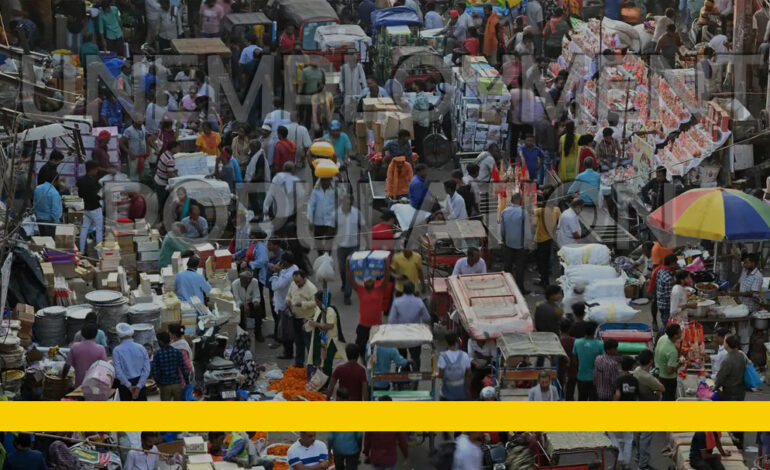
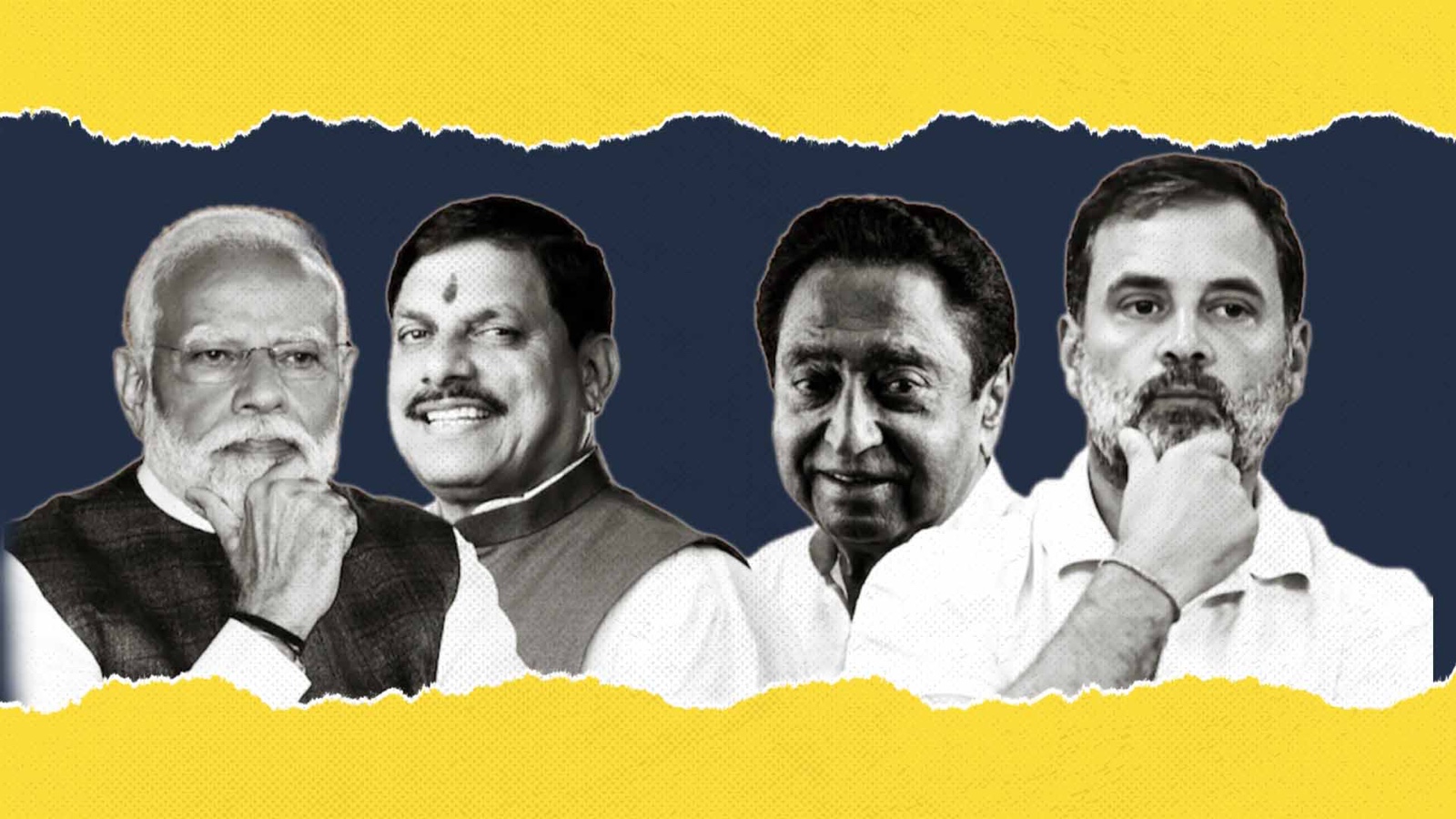
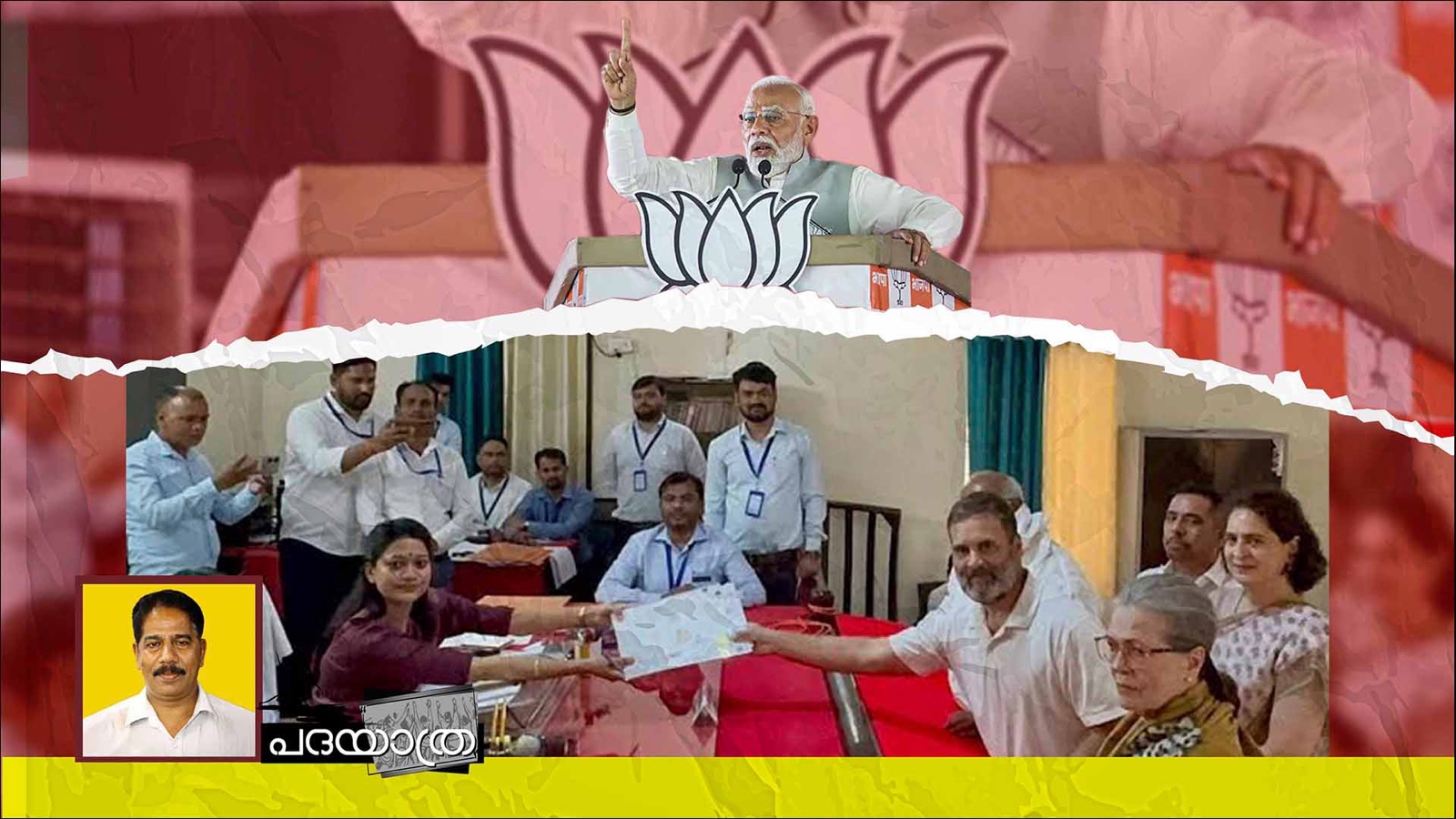
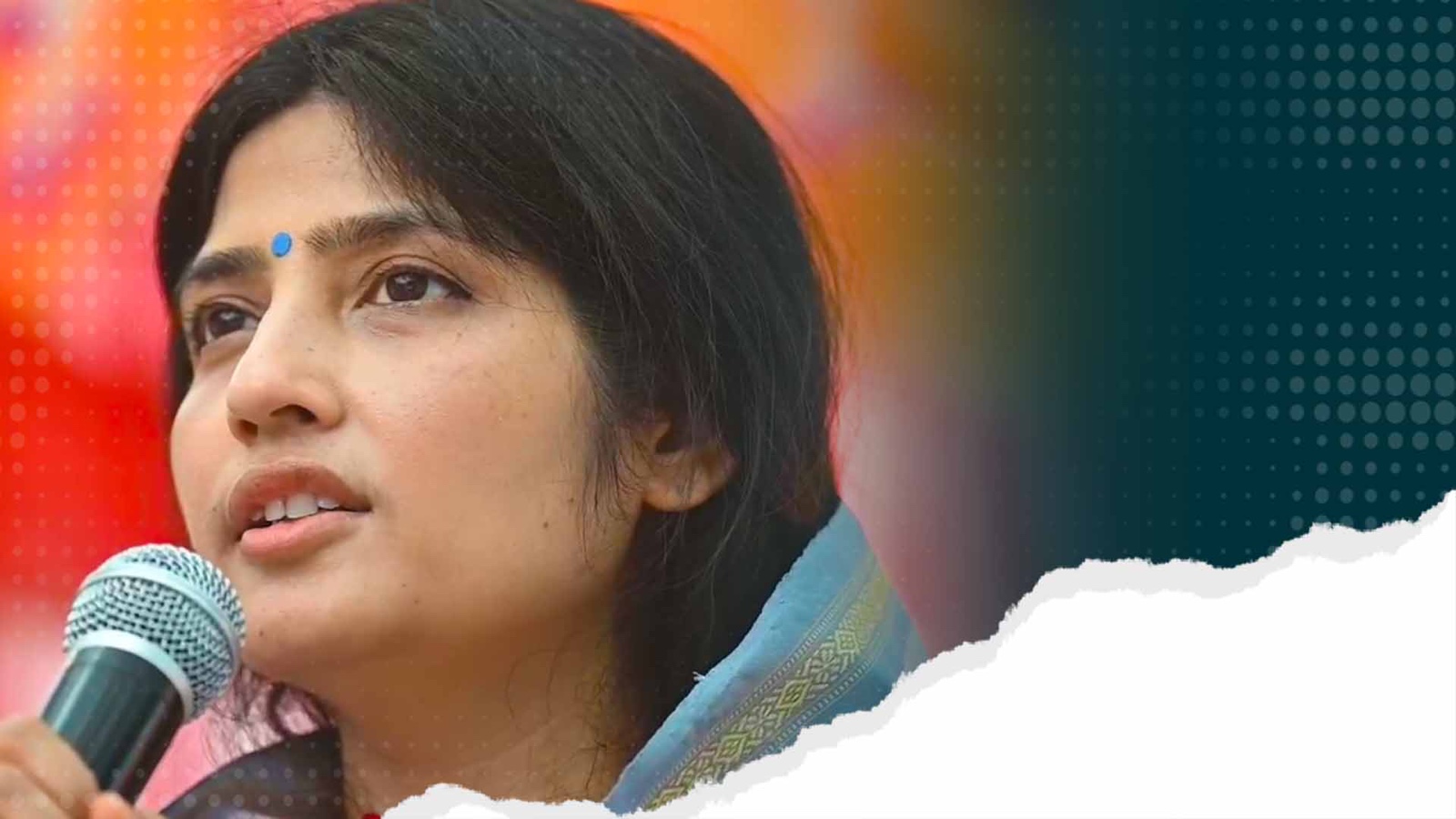
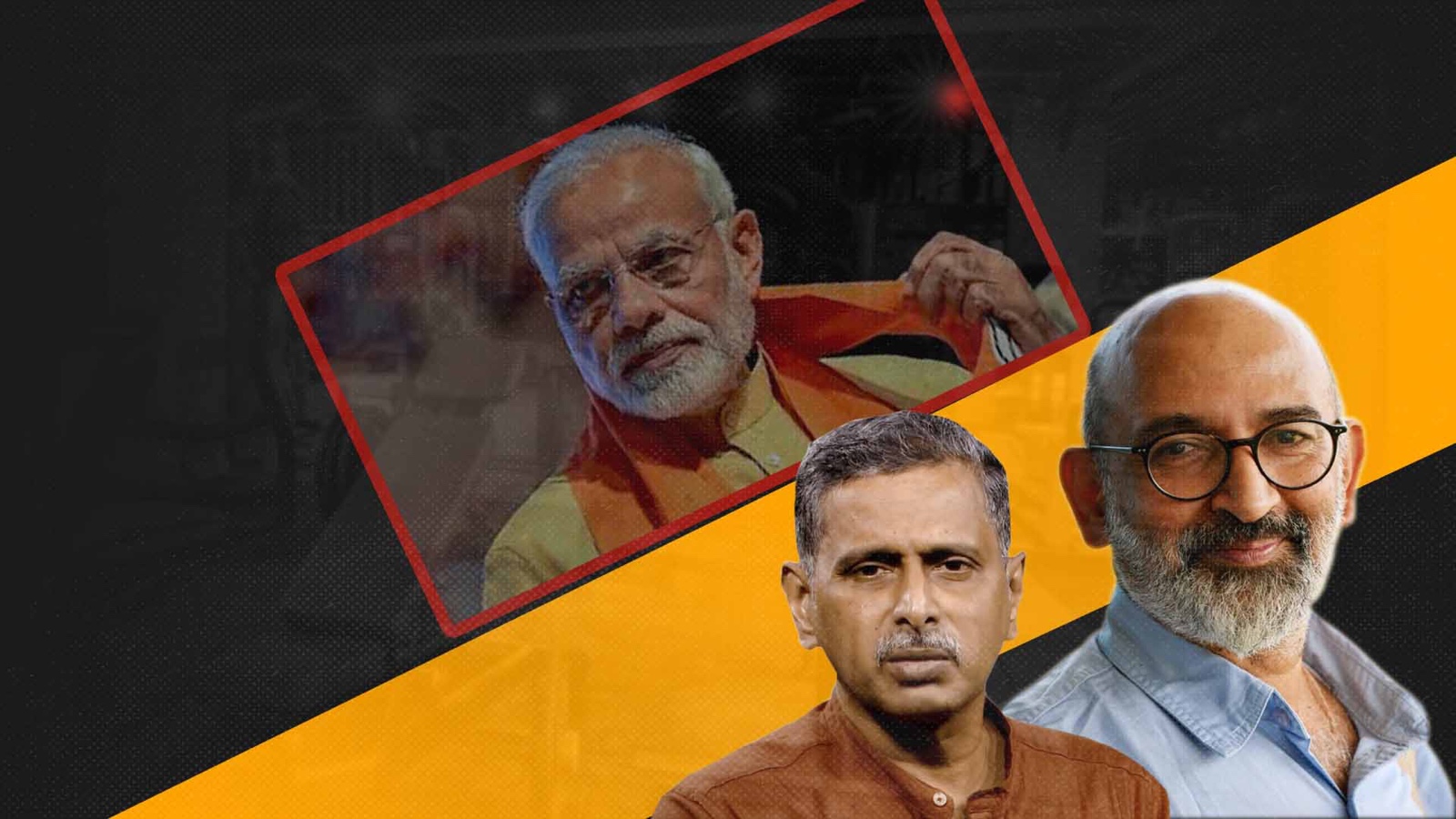


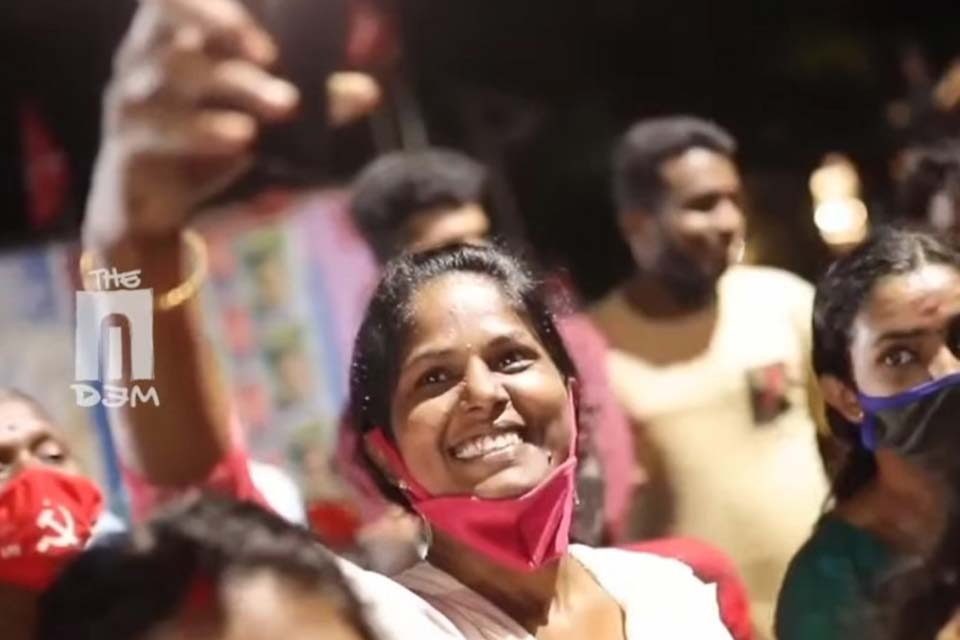

Thank you for this explainer … Almost comprehensive analysis of diverse forms of politics … From good to bad